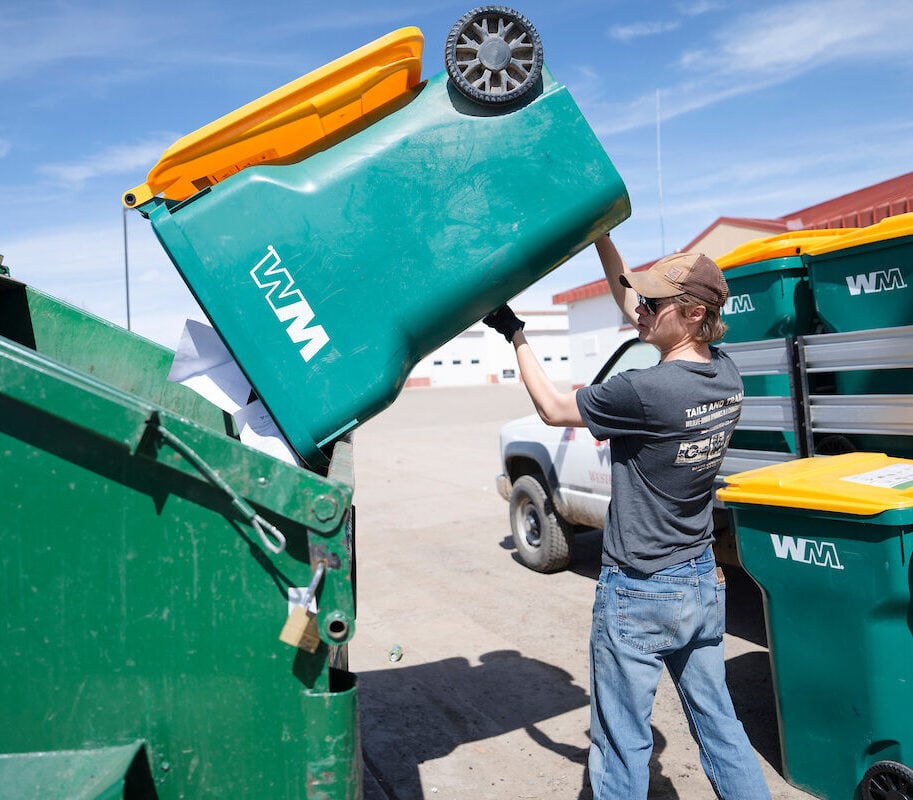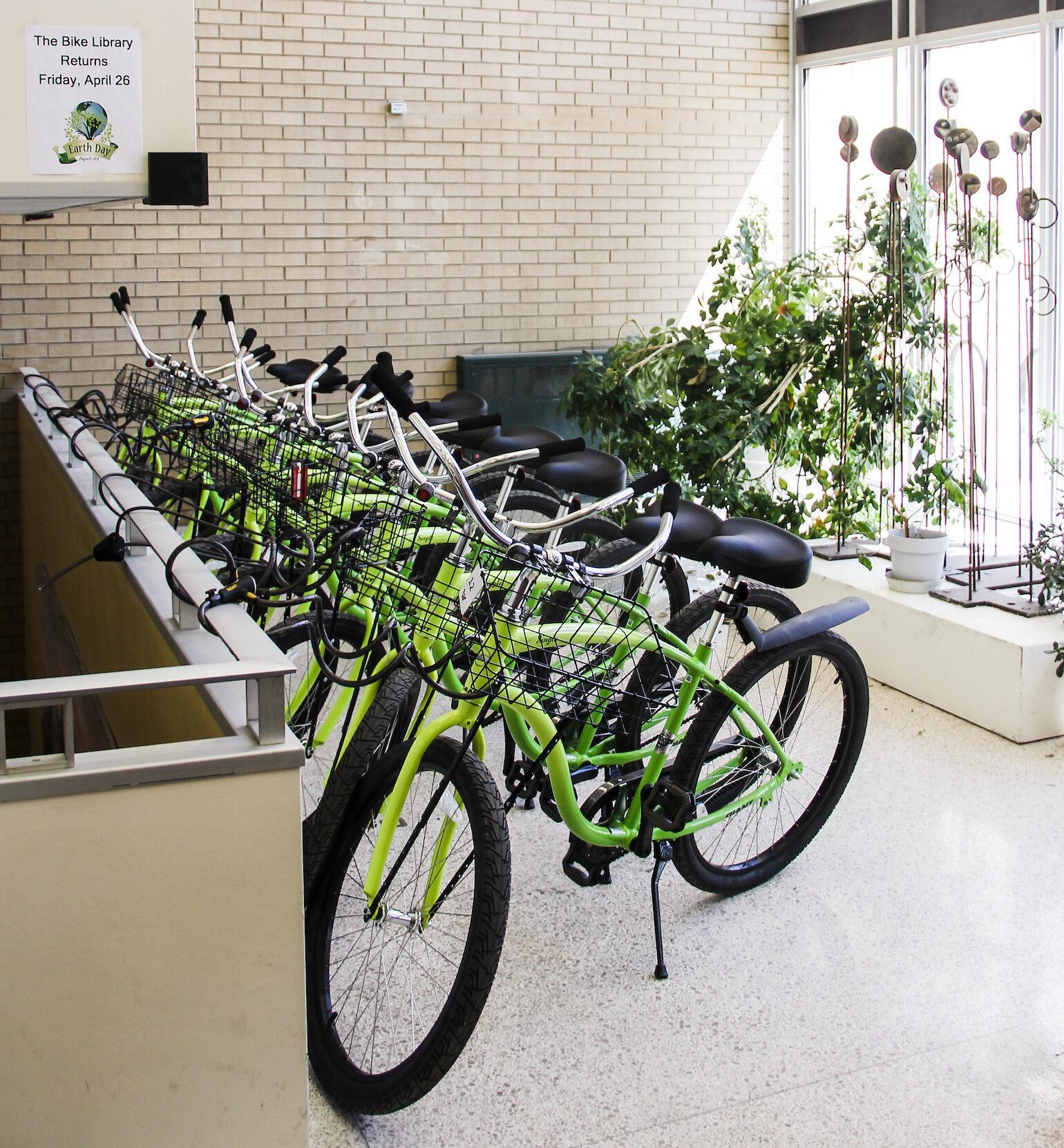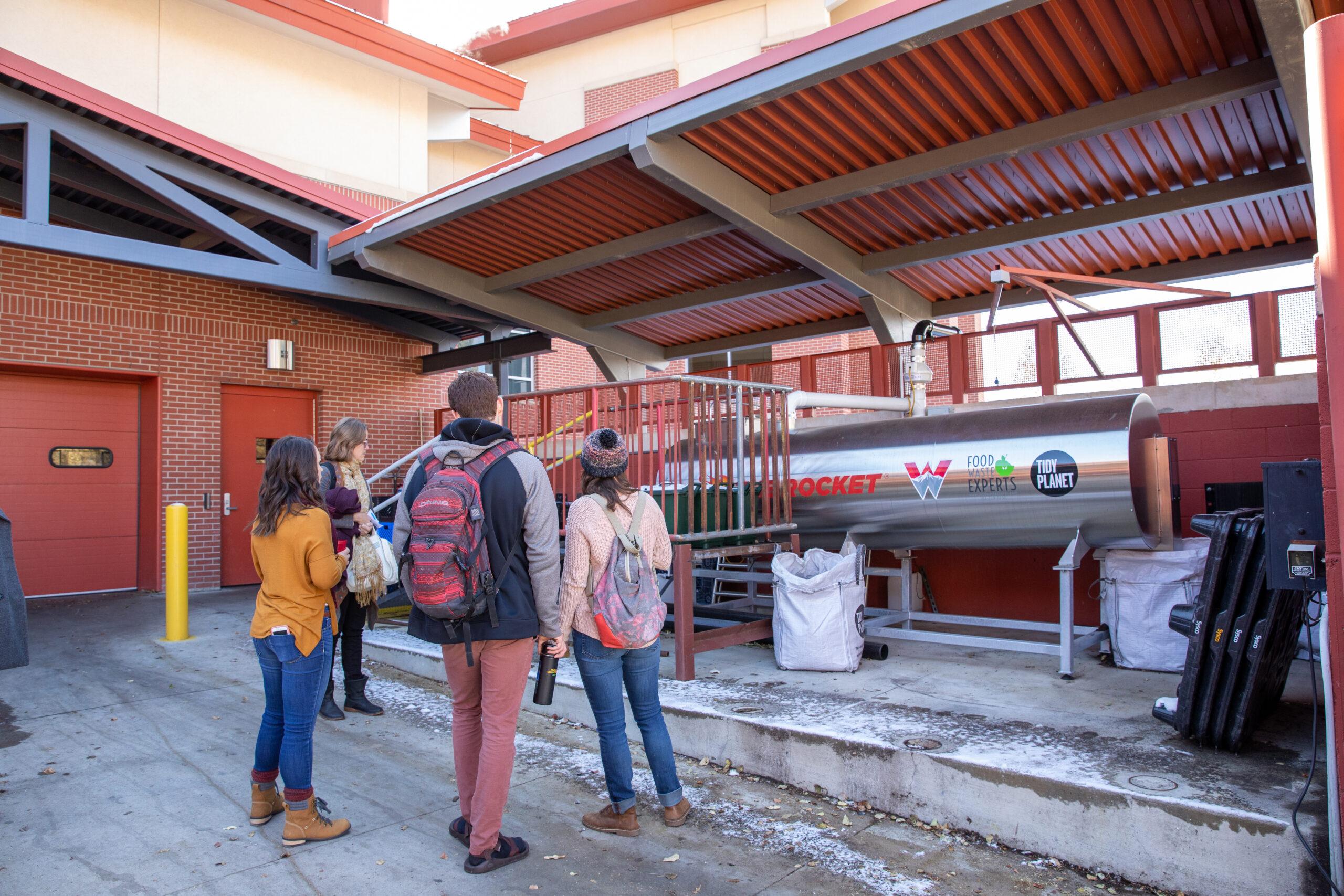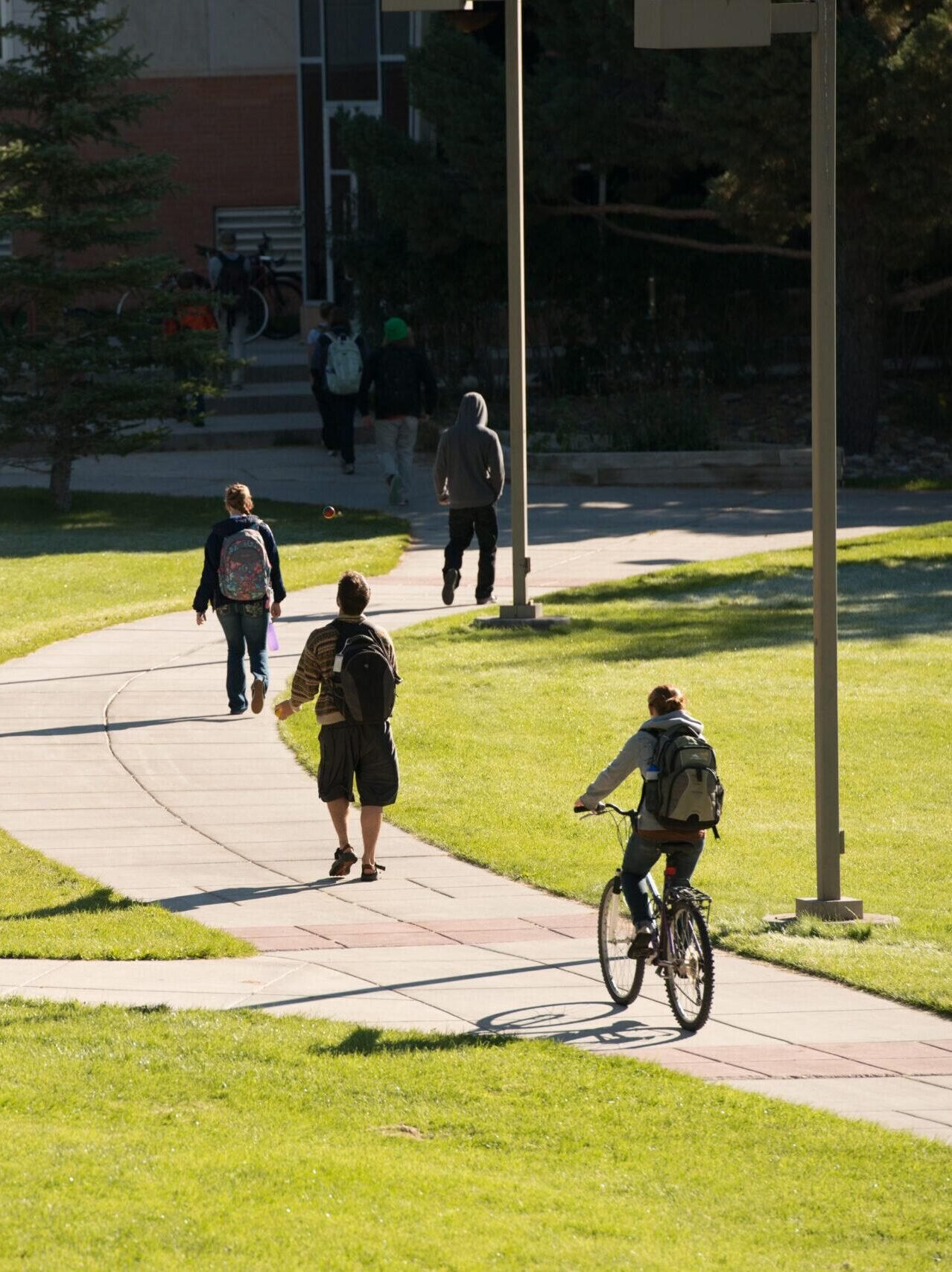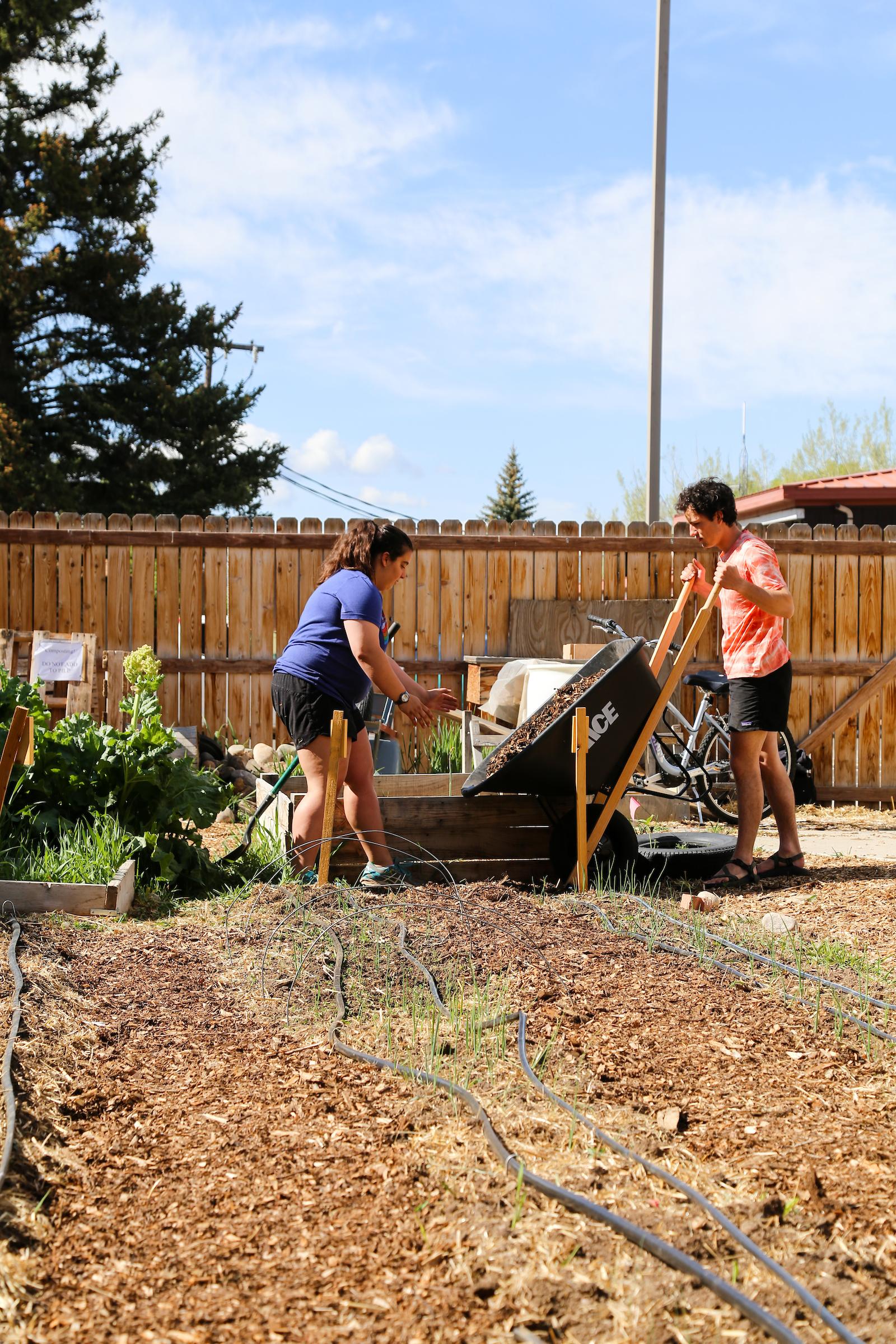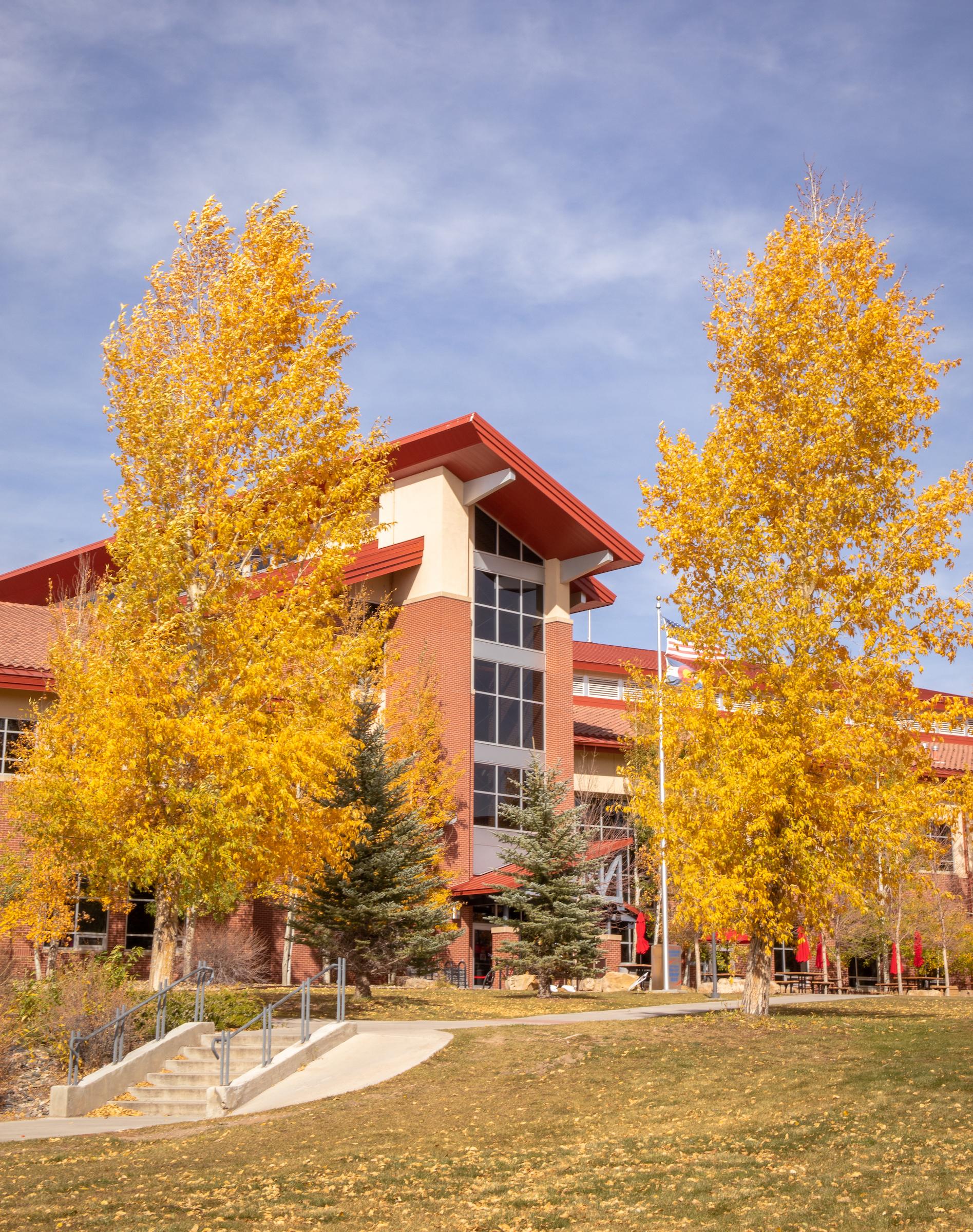Monitoring Our Progress
Western’s Facilities Department uses two major reporting platforms—Second Nature and the Sustainability Tracking, Assessment & Rating System (STARS)—to measure and communicate its sustainability progress. These tools help evaluate how new projects can improve energy efficiency on campus and demonstrate the broader benefits of sustainable development.
Second Nature’s mission is to accelerate the transition to a sustainable future by supporting higher education leaders in making sustainability, equity, and resilience central to learning and operations. Since developing its Climate Action Plan in 2009, Western has been a signatory of Second Nature’s Climate Leadership Network. The university uses the Second Nature Reporting Platform to track progress toward its goal of reducing greenhouse gas emissions by 50% by 2050. Annual progress updates and greenhouse gas reports are submitted through the platform and are publicly available.
Western also reports its sustainability efforts through the Association for the Advancement of Sustainability in Higher Education (AASHE) using its STARS framework. STARS is a transparent, self-reporting tool that allows colleges and universities to assess their sustainability performance. It evaluates institutions across four broad categories: Academics, Engagement, Operations, and Planning & Administration. Western completed its first STARS report in 2016, earning a Bronze rating, and improved to a Silver rating in 2019.
